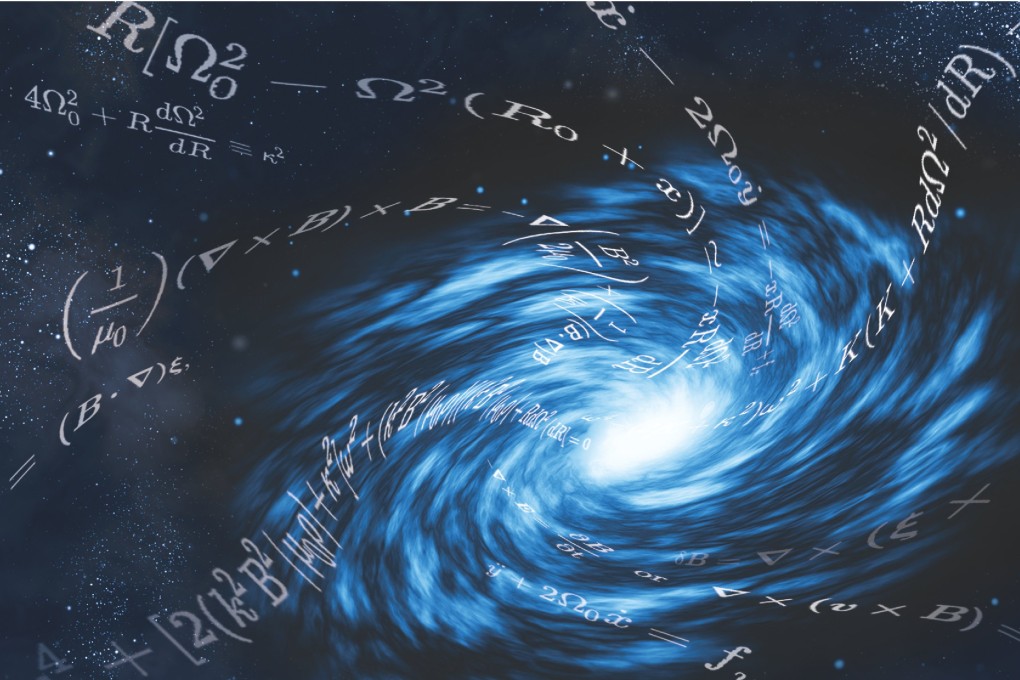The discovery that defied the pull of the black hole
After 23 years, the pair who explained what causes things to fall into the void in space are finally being recognised for their groundbreaking work

We all know what most people do with e-mails telling them they've won a million dollars; Professor Steven Balbus wasn't far from doing the same with the one he found in his inbox in May.
"It actually made it through my spam filter," jokes the University of Oxford professor, who shares the US$1 million for the Shaw Prize in Astronomy with the University of Virginia's Professor John Hawley.
There is good reason the win was unexpected: it had been more than 20 years since the pair's groundbreaking discovery of magnetorotational instability - a concept that provides a theoretical framework in star formation and for what enables material orbiting a black hole to fall in. The process, called accretion, has widespread applications in astronomy and astrophysics.
"The e-mail said this was long overdue, which was very gratifying," says Balbus.
He didn't set out to study black holes. He was interested in the unusual way a magnetised gas moves. It seemed that even a very weak magnetic field would have a big influence over the gas.
But it wasn't a popular area of research in the late 1980s.
